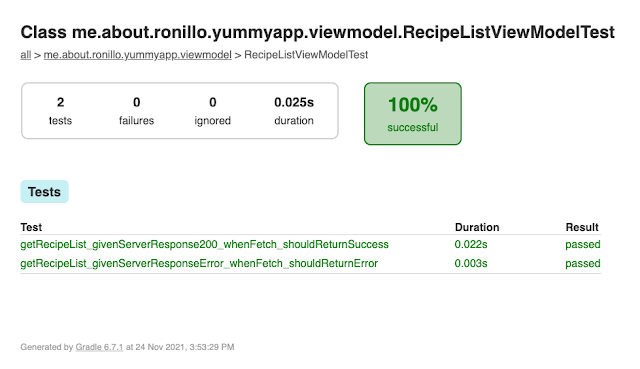Beyond the Code: What Google Can't Teach You About Mobile App Development
In the fast-paced world of mobile app development, staying ahead of the curve is crucial. We all know the importance of constantly learning new frameworks, mastering the latest trends, and keeping an eye on emerging technologies. But what about the knowledge that goes beyond the code?
While Google is an invaluable resource for technical expertise, there are fundamental aspects of app development that you won't find neatly summarized in search results. These qualities rely on experiential knowledge, tacit knowledge, and an understanding of nuance and context. Here, we delve into those essential, yet elusive, qualities that can make your app stand out:
1. The Power of User Empathy (Experiential Knowledge)
Great apps don't just function well; they solve real problems and anticipate user needs. But how do you tap into that user psyche? Here's where empathy comes in, and this is where experiential knowledge becomes crucial. It's about understanding your target audience on a deeper level - their frustrations, desires, and pain points. This can't be gleaned from code repositories alone.
Nuance and Context in User Empathy:
- Understanding cultural variations: User needs and pain points can vary significantly based on cultural background. By considering the context of your target audience's environment and social norms, you can ensure your app functions seamlessly within their lives.
- Accounting for situational nuance: How users interact with your app will differ depending on the situation. For example, a fitness app might be used differently in the morning for a quick workout compared to a weekend for a more leisurely session. Designing with context in mind allows you to cater to these nuances.
2. The Art of Storytelling (Tacit Knowledge & Subjective Knowledge)
Engaging users goes beyond a flashy interface. Your app needs a compelling narrative, a story that resonates with your audience. How will your app make their lives easier, more enjoyable, or more productive? Craft a clear and concise message that weaves functionality with user benefit.
The role of tacit knowledge, subjective knowledge, and nuance in storytelling:
- Tailoring the message: The tone and style of your app's narrative should be nuanced to resonate with your target audience. A fitness app aimed at young adults might use a more playful and energetic approach compared to one targeting retirees, which might benefit from a more encouraging and supportive tone.
- Considering context in communication: The way you communicate the app's value proposition should consider the user's situation. For instance, highlighting time-saving features might be more relevant during a busy workday, while emphasizing social connection could be more effective during weekends.
3. The Importance of Iterative Design (Experiential Knowledge & Context)
The mobile landscape is constantly evolving, and user preferences are fluid. Building a successful app is an iterative process. Don't get bogged down in the initial build; release a minimum viable product (MVP) and gather user feedback early and often. Be prepared to adapt, refine, and iterate based on real-world data.
Nuance and Context in Iteration:
- Analyzing user feedback with nuance: During iteration, pay close attention to the context behind user feedback. A complaint about a specific feature might reveal a deeper issue with the overall user flow.
- A/B testing for contextual relevance: Utilize A/B testing to compare different app features or functionalities within specific contexts. This allows you to identify which approach resonates best with users in different situations.
By incorporating nuance and context throughout the development process, you can create mobile apps that are not only functional but also truly user-centric. Remember, a successful app speaks the user's language, understands their needs within their specific context, and delivers a solution that resonates on a deeper level.

Comments
Post a Comment